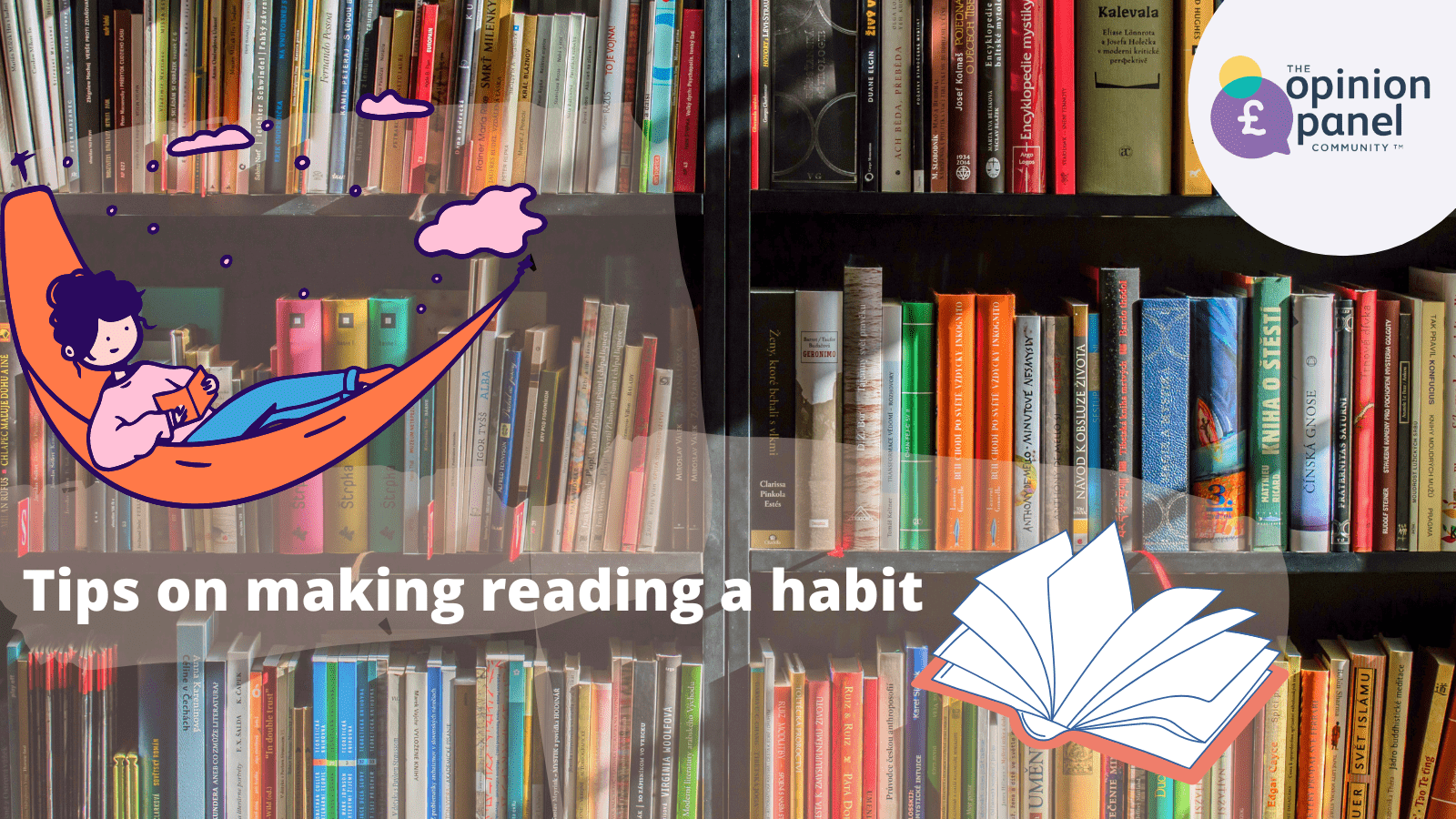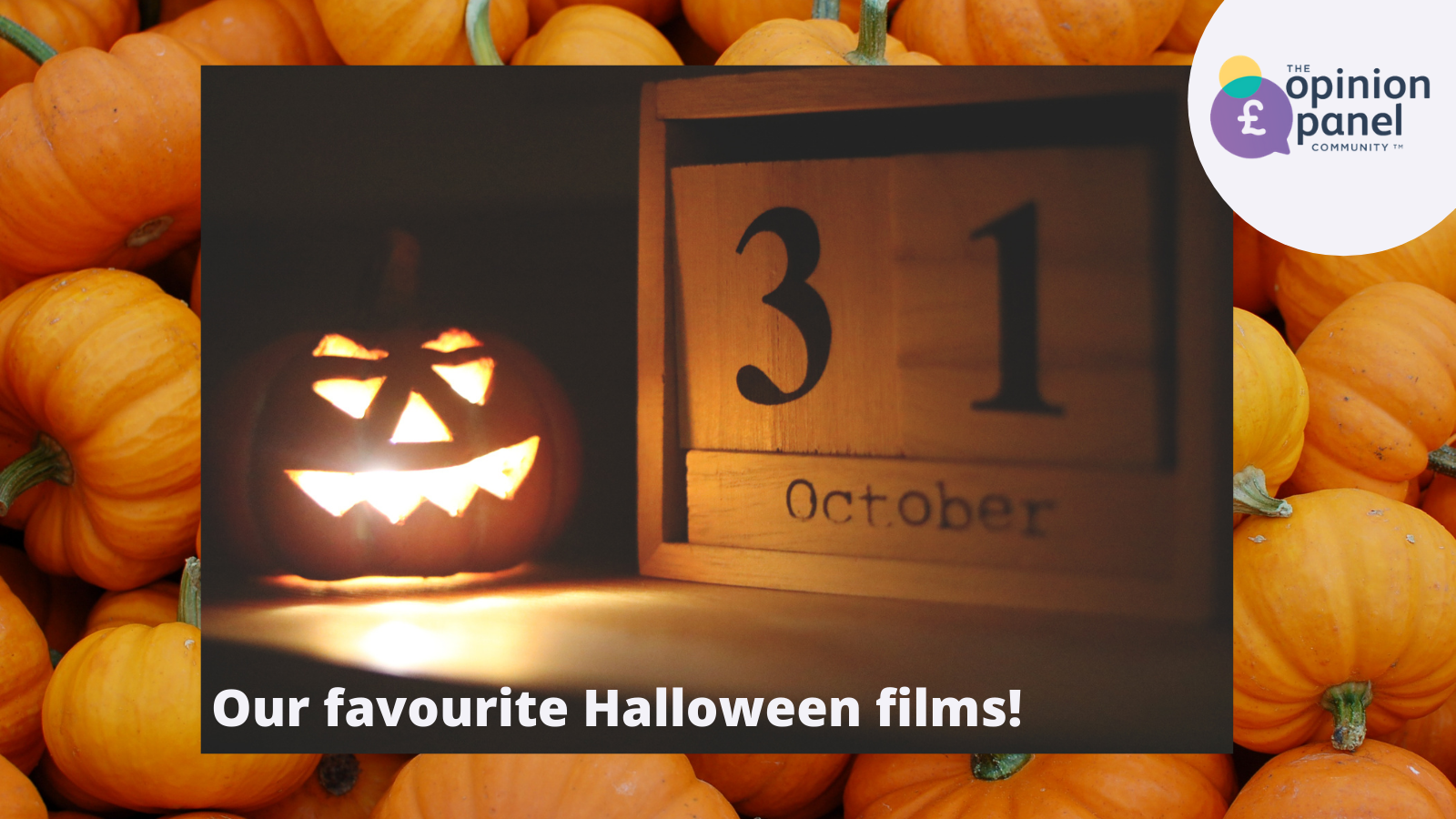
Today is National Reading Day! The OPC can’t think of a better way to celebrate the day than share Yasmine’s top four literature classics:
1. The Handmaid’s Tale – Margaret Atwood
Atwood, a renowned Canadian author, began writing this dystopian novel in the 1980s while she was still living in West Berlin, and has been quoted as saying that everything she put in her book was inspired by real-life events.
The story is told by Offred, whose life changed radically when an extremist Christian overthrew the government, preventing anyone from escaping their newly-established state of Gilead. The new society sees everyone forced to respect very strict laws at the threat of hanging or deportation to the Colonies where they’ll work until they die. Freedom is no longer tolerated; the Eyes, spies of the government, might report those with outlawed opinions or ideas to the higher authorities.
The whole novel is full of tension and unexpected events, which, when coupled with the rebellious nature of the protagonist, leave the reader with no choice but to stay engaged.
2. The Great Gatsby – F Scott Fitzgerald
This is by far one of the best novels I’ve ever read. It focuses on the tragic story of Jay Gatsby from the perspective of Nick Carraway, a writer-turned-financier who begins the story as Gatsby’s neighbour before quickly becoming his friend. Nick tells us the story of how Gatsby rose to infamy and fortune, as well as the luxurious and glamorous lifestyle of 1920s New York.
Gatsby’s parties are a central element of the narrative; each one is richly described, making the reader feel like they’re just as much a part of the room as the jazz band, the dancing flappers and the flowing champagne. However, throughout the novel we also learn about the dark side of hedonism and conspicuous consumption as rivalry, inequality and love affairs are pulled out of their hiding places between different social classes.
Fitzgerald’s writing style is elaborate and full of details which are very effective in presenting a simultaneously fascinating and toxic 1920s society to a present-day audience.
Do you prefer 20th or 21st century literature novels?📚
— OpinionPanel (@OpinionPanelC) January 23, 2020
3. The Color Purple – Alice Walker
This book is raw. Extremely raw. It tells its story through an epistolary format in which Celie, the protagonist, almost always talks to God, perhaps showing a cry for help or saviour from her desolate circumstances.
Walker, the author, uses Celie to depict the life of the black community in Georgia during the 1930s, exploring issues like racism, sexism and violence through very crude language. Sisterhood forms another theme in this book. Which is often shown women searching for the strength to fight those who abuse them emotionally and physically, using the female perspective to emphasise characters’ empowerment. The novel is written in AAVE (African American Vernacular English), giving the reader a brutally honest perception of Celie’s life and creating a clear narrative voice that consistently captures reader attention.
It’s no wonder why this book won the 1983 Pulitzer Prize for Fiction and the National Book Award for Fiction. Moreover, it was readapted into a film directed by Steven Spielberg and starring Oprah Winfrey, Whoopi Goldberg and Danny Glover – So there’s more than one way to enjoy it.
4. My Brilliant Friend – Elena Ferrante
Ferrante has been acclaimed as “one of the great novelists of our time.” (Roxana Robinson, The New York Times) and this novel has received outstanding reviews from newspapers such as The Economist, Entertainment Weekly and The New Yorker.
Thanks to the intricate and gripping narrative, once you start reading it, you can’t stop flicking through its pages. The story includes characters of various ages, giving numerous insights into important events and how different social groups interact differently. The story is mainly set in the poor neighbourhoods of 1950s Naples where the two main characters, Lila and Elena, experience life as young women in a male-dominated world. The two have a close but also conflicting relationship which develops throughout the four different volumes of the series, exploring how women of the time were treated and expected to behave. The novels were so successful that the story was adapted for TV by HBO, premiering in November 2018.










In my humble opinion, this is not “classic” literature. I believe that classical literature (when not used in its original sense of referring to old Greek and Latin works) should refer to older works by the like of Jane Austen, Sir Walter Scott, the lesser known Charles Lever, and moving further back, to Milton, William Shakespeare etc. So some more clarity in the title would be nice: these are modern classics, not classics. And they seem to be a sad downfall from the brilliancy of earlier novels. All of these recommendations appear to have a bleak outlook on life – yes, literature should challenge the reader’s perceptions, but should this really take the form of discussing the most gross acts of moral delinquency, which can only sicken the reader, not uplift him? I would argue that the furthest an author should go in challenging the reader’s ideas is the lengths that E W Hornung went in his “Raffles” stories. These make a hero of a thief, but as the the crimes are not very serious, the reader can enjoy the story, whilst still having their perceptions challenged. If any reader can enjoy reading about sexual crimes, like those in “The Handmaids Tale”, they should go and get their head examined. So as you may have inferred, I believe that literature should be enjoyable, if not utopian, and to add to this I would say that the book should be cheerful at least in its ending, with a wedding or some other cheerful occurrence forming the denouement. Not a suicide, like in “The Great Gatsby” – if you want a book that captures the spirit of the ’20s, but fulfils my ideas of a masterpiece, go and read some P G Wodehouse. Also, what is this fascination with the “underdog”? Poverty does not make a cheerful setting for a book. In order for a book to be fully enjoyable, surely the characters should be “heroes”, not people of a like state to us? If a book is set around a victim of racism, etc, this will cause the reader to be on the look out for such incidents, often making their life unhappier than it was before, as they now notice what they would not have felt before, besides the depression they will feel at the misfortunes of the protagonist.
To conclude, literature should be of a type to render pleasant the reader’s leisure hours, not to make them feel a victim, or to depress them by tales of awful deeds against the persons and feelings of fellow human beings. This is why I do not intend to read any of these recommendations. If anyone feels similar sentiments to me, I would advise them to investigate the authors I have mentioned above.
These are some brilliant recommendations! I loved reading the first three and will definitely try out the final one as it sounds really good.
The Chronicles of Narnia book series by C.S. Lewis!! It’s a classic! Especially if you enjoy the Narnia films, his books are just as enchanting and The Magicians Nephew follows the story of the creation of Narnia and the wardrobe. It’s definitely a favourite read of mine and always a recommendation.